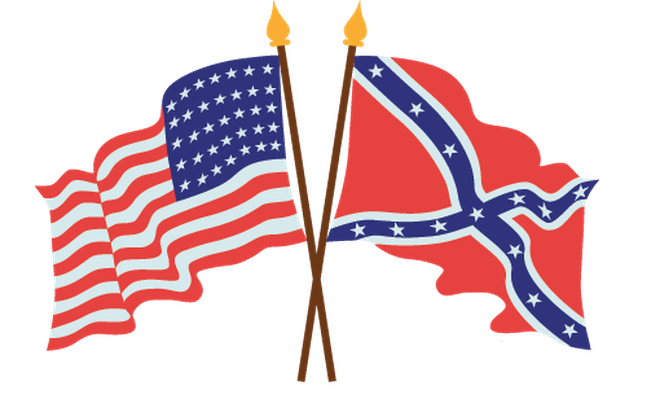

Individuals like those who made the dangerous journey to Fort Monroe tell a very different story of the Civil War than usually rehearsed. Though many know of the actions and names of people like Frederick Douglass, Harriet Tubman and Sojourner Truth, hundreds of names have been more or less lost to history. Courtesy of the National Portrait Gallery Mathew Brady Studio, albumen silver print, circa 1864. “This was the beginning of an informal arrangement that enabled the union to protect fugitive slaves but without addressing the issue of emancipation,” says Ann Shumard, senior curator of photographs at the National Portrait and the curator behind the new exhibit opening February 1, “ Bound For Freedom’s Light: African Americans and the Civil War.”Īn abolitionist and former slave, Sojourner Truth also helped recruit soldiers in Michigan. Butler replied, “So should I keep the mother and send back the child?” Washington left it up to him, and he decided to keep all of the 500 enslaved individuals who found their way to his fort. A member of his cabinet suggested Butler simply keep the people he found useful and return the rest. In these early days of the Civil War, Lincoln avoided the issue of emancipation entirely. When more enslaved men, women and children arrived at the fort, Butler wrote to Washington for advice. Butler determined that he was now operating in a foreign territory and declared the men “contraband of war.”

But Virginia had just signed the ordinances of secession. Under the 1850 Fugitive Slave Act, he was compelled to return the men into the hands of the slaveowner. When three escaped slaves arrived at Fort Monroe in Hampton, Virginia, in May, 1861, Union General Benjamin Butler had to make a choice. But, on the ground, they had been fighting and dying from the beginning. Courtesy of the National Portrait Galleryīlack soldiers could not officially join the Union army until the Emancipation Proclamation was issued on January 1, 1863. He approved the plan and Delany became the first black major to receive a field command. Martin Robinson Delany worked to recruit soldiers for black Union regiments and met with Lincoln to allow these units to be led by black officers.


 0 kommentar(er)
0 kommentar(er)
